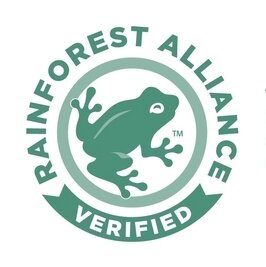We believe that you, the informed and responsible consumer, are the most important component in building a sustainable future. So we don't want you to just take our word for it that the hotels and tour operators in our SustainableTrip.org directory are sustainable – we want you to understand why and how they were chosen, and what sustainability means to us.
In our efforts to combat "green washing ," we have established very strict sustainability requirements for the hotels and tour operators that we include in our directory. But what are those requirements based on? How can we be fair to businesses who want be listed on our site, while at the same time providing the best and most credible resource for responsible travelers?
From the start, we have accepted hotels and tour operators that have made a demonstrated commitment to a stringent set of requirements called the Global Sustainable Tourism Criteria, set forth by the Global Sustainable Tourism Council (GSTC). The GSTC Criteria are a set of minimum universal requirements that all tourism businesses around the world can adhere to in order to protect their region's natural and cultural resources while remaining a means of promoting conservation and providing income to the local community.

The Criteria were developed in 2008 by the GSTC Partnership, a coalition of more than 50 organizations brought together by the Rainforest Alliance , the United Nations Environment Programme (UNEP), the United Nations Foundation , and the United Nations World Tourism Organization (UNWTO). The partners built upon decades of prior work and experience to create a comprehensive set of criteria divided into four topics: sustainable management, socioeconomic impacts, cultural impacts, and environmental impacts.
It's important to note that the Criteria are the minimum requirements in order for tourism businesses to be considered sustainable – they are designed to be supplemented and easily adapted to local culture, environment, and laws. To view the GSTC Criteria in full, visit the GSTC website.
One of the most important parts of our mission is to educate people on what it means to be a responsible traveler. We hope this sheds some light on the more technical aspects of sustainable tourism. Please feel free to comment and share your thoughts and questions!















